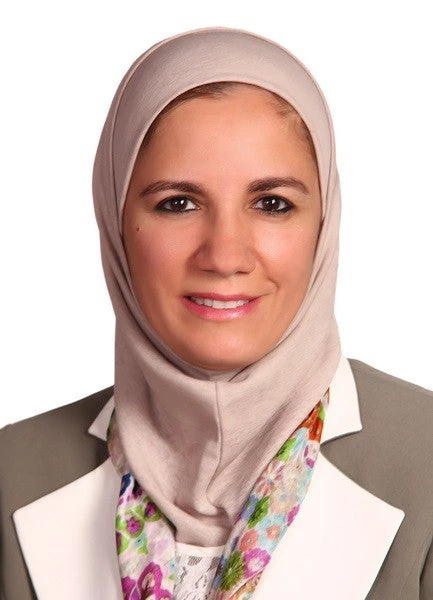 Lagos Nigeria pic by Peeterv on Canva/Getty Images
Lagos Nigeria pic by Peeterv on Canva/Getty Images
Procurement as a mirror of fragility
Public procurement in Western and Central Africa is where commitments result in functional roads that hold up during rainy seasons, clinics that operate as scheduled, and services delivered on time. When those promises fail—when delays pile up, budgets increase, and projects stall—skepticism grows. Procurement, in this context, becomes not just a system, but a reflection of the vulnerabilities within the system.
Image: School in Central Africa Republic financed by the World Bank
What citizens observe—and encounter
People don’t experience procurement through evaluation grids or compliance checklists. They experience tangible outcomes, such as a delayed school opening, an unreliable water system, or a contract that delivers half of what was promised. Each disappointment sends a message: resources are scarce, and they’re not being used efficiently which can erode trust.
Inside the system: challenges
Oversight bodies with limited authority and decision-making can make it difficult to safeguard fairness and transparency. Fragmented procedures and reliance on manual processes may slow down approvals, increase the risk of errors, and lead to costly delays. Additionally, despite clear legal frameworks, issues in contract management can impact the effectiveness of implementation.
The challenge: limited fiscal space, rising expectations
Governments across West and Central Africa are operating within tight budgets, high debt burdens, and many competing priorities. Citizens still expect visible improvements in services and infrastructure. In this context, when resources are constrained, inefficiencies are magnified: each delay or cost overrun not only wastes money but also erodes public trust in governments’ ability to deliver.
A skeptical citizenry—and why it matters
Decades of inconsistent service delivery have produced skepticism among the public: will projects be awarded fairly? Will they be completed? This skepticism corrodes the very bond between state and citizen, weakening compliance, tax morale, and political legitimacy. Rebuilding trust isn’t just about better rules; it’s about better outcomes that people can observe and experience.
Turning reform into results
Across West and Central Africa, countries are moving toward more efficient, transparent, and accountable procurement systems that lay the foundation for a stronger social contract. In Ghana, for example, the World Bank is supporting the upgrade of the national e-procurement platform so it can integrate with the government’s financial management system (FMIS). This integration reduces leakages and increases transparency, making it easier for citizens to see how public money is spent. Similarly, Liberia and Sierra Leone are advancing toward sound and modern legal frameworks and building electronic procurement systems that align procurement practices with international standards. These countries are also engaging the private sector and civil society as active partners, ensuring that reforms are inclusive and widely supported.
Beyond systems and laws, procurement initiatives focus on economic empowerment and professionalization.
Across the region, annual business outreach events help local small and medium enterprises (SMEs) build the capacity needed to win and deliver government contracts, creating more competition and spreading opportunity. Nigeria's Sustainable Procurement, Environmental and Social Standards Enhancement (SPESSE) project has already trained more than 40,000 participants—43 percent of them women—in procurement, environmental management, and social standards, with a goal of certifying an additional 14,000 experts. Internship programs in Burkina Faso, Congo, and Liberia are preparing the next generation of procurement professionals who can sustain reforms. These efforts demonstrate that procurement is not just about rules, but about enabling fair markets, equipping institutions, and ensuring that citizens see results they can trust.
Image: Meetings with Nigeria Bureau of Public Procurement on procurement certification
Efficiency is a political signal
When projects are delivered on time and within budget, governments aren’t just being efficient, they’re making a promise and keeping it. In fragile contexts, this visible reliability is a public good. It turns cynicism into confidence and reopens the possibility of a functioning social contract.
The takeaway: procurement as a bridge
Procurement in Western and Central Africa isn’t simply about cost savings or compliance. It’s a frontline governance tool. In the face of limited resources and high expectations, it can either reinforce fragility—or it can rebuild trust through collaboration, digital transparency, and stronger capacity. By putting efficiency and citizen-centered outcomes at the heart of procurement, governments can turn a technical function into a visible bridge between scarce resources and resilient societies.





Join the Conversation